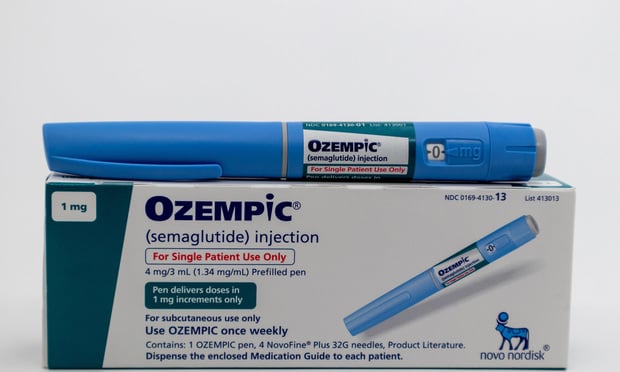The Department of Health and Human Services in January released some long-awaited rules that expand and update the Health Insurance Portability and Accountability Act.
In what the department called “sweeping changes,” the final omnibus rule aims to enhance a patient's privacy protections, provides individuals new rights to their health information and strengthens the government's ability to enforce the law.
“Much has changed in health care since HIPAA was enacted over 15 years ago,” HHS Secretary Kathleen Sebelius said in a statement. “The new rule will help protect patient privacy and safeguard patients' health information in an ever expanding digital age.”
Among its notable provisions, the rule expands many of the requirements to “business associates” of these entities that receive protected health information, such as contractors and subcontractors. Previously, HIPAA rules focused on health care providers, health plans and other entities that process health insurance claims.
Some of the largest breaches reported to HHS have involved business associates, the department said. Additionally, penalties are increased for noncompliance based on the level of negligence with a maximum penalty of $1.5 million per violation. The changes also strengthen the Health Information Technology for Economic and Clinical Health Breach Notification requirements by clarifying when breaches of unsecured health information must be reported to HHS.
Individual rights are also expanded. Patients can ask for a copy of their medical record in an electronic form. When individuals pay by cash they can instruct their provider not to share information about their treatment with their health plan. The final omnibus rule sets new limits on how information is used and disclosed for marketing and fundraising purposes and prohibits the sale of an individuals' health information without their permission.
The final rule also streamlines individuals' ability to authorize the use of their health information for research purposes. HHS says the rule makes it easier for parents and others to give permission to share proof of a child's immunization with a school and gives covered entities and business associates up to one year after the 180-day compliance date to modify contracts to comply with the rule.
“This final omnibus rule marks the most sweeping changes to the HIPAA Privacy and Security Rules since they were first implemented,” said HHS Office for Civil Rights Director Leon Rodriguez. “These changes not only greatly enhance a patient's privacy rights and protections, but also strengthen the ability of my office to vigorously enforce the HIPAA privacy and security protections, regardless of whether the information is being held by a health plan, a health care provider, or one of their business associates.”
The rules were called for under the 2009 federal economic stimulus package's HITECH Act and the Genetic Information Nondiscrimination Act.
Complete your profile to continue reading and get FREE access to BenefitsPRO, part of your ALM digital membership.
Your access to unlimited BenefitsPRO content isn’t changing.
Once you are an ALM digital member, you’ll receive:
- Breaking benefits news and analysis, on-site and via our newsletters and custom alerts
- Educational webcasts, white papers, and ebooks from industry thought leaders
- Critical converage of the property casualty insurance and financial advisory markets on our other ALM sites, PropertyCasualty360 and ThinkAdvisor
Already have an account? Sign In Now
© 2025 ALM Global, LLC, All Rights Reserved. Request academic re-use from www.copyright.com. All other uses, submit a request to [email protected]. For more information visit Asset & Logo Licensing.








